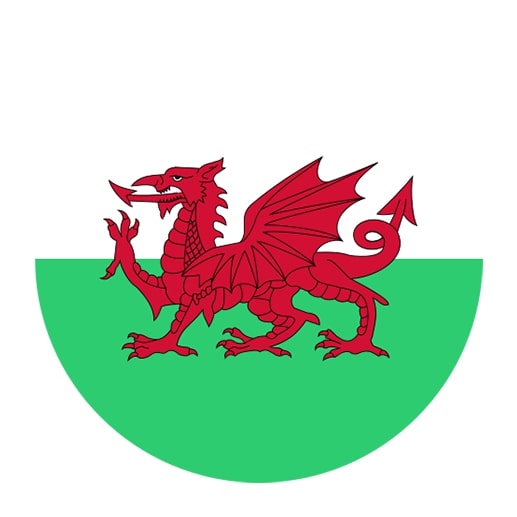Welsh Grammar Exercises
Ready to dive into Welsh grammar? Practicing a few basics will help you get comfortable with this unique and beautiful language. Try these exercises to build your confidence and have some fun along the way!
Get started
The most efficient way to learn a language
Try Talkpal for freeWelsh Grammar Topics
Learning a new language can be a challenging yet rewarding endeavor. Welsh, a Celtic language spoken mainly in Wales, is no exception. With its unique features and structures, learning Welsh requires a systematic approach to understanding its complex grammar. This guide outlines the key areas of Welsh grammar in a logical sequence for language learning, starting from the basics such as nouns and articles, and progressing to more complex areas like tenses and sentence construction.
1. Nouns:
Begin your Welsh language journey by learning the nouns. This includes understanding the different categories of nouns, such as common and proper nouns as well as their plural forms.
2. Articles:
Articles in the Welsh language are used differently than in English. Understanding how to use definite and indefinite articles correctly is crucial in sentence construction.
3. Adjectives:
Adjectives in Welsh follow their nouns, which is different from English. You will also need to learn about their mutations and how to form comparatives and superlatives.
4. Pronouns/Determiners:
Pronouns and determiners are essential in Welsh; they replace nouns and provide information about quantity, possession, and more. Their correct usage is necessary for effective communication.
5. Verbs:
Welsh verbs have different forms depending on the tense, mood, and voice. Start with the present tense and gradually explore the past and future tenses.
6. Tenses:
After mastering the verb forms, delve deeper into the Welsh tenses. This includes understanding the differences between the present, past, and future tenses, and how they are used in different contexts.
7. Tense Comparison:
Comparing tenses in Welsh helps in understanding the sequence of events. Comparing the same verb in various tenses will provide a better understanding of the Welsh language.
8. Progressive:
The progressive tense in Welsh is used to express ongoing actions. It is formed by using the verb ‘to be’ followed by ‘yn’ and the verb-noun.
9. Perfect Progressive:
This tense is used to express actions that have been ongoing up until a particular point. In Welsh, it is formed with the verb ‘to be’, the past participle, and the verb-noun.
10. Conditionals:
Conditionals express hypothetical situations and their possible outcomes. They are an important part of Welsh grammar and will add complexity to your language skills.
11. Adverbs:
Adverbs in Welsh modify verbs, adjectives, or other adverbs. They provide information about manner, place, time, degree, and more.
12. Prepositions:
Prepositions link words and phrases together. They express relationships of time, place, direction, and more.
13. Sentences:
Finally, practice constructing sentences. This will involve using all the previously learned grammar points in context, thus ensuring a comprehensive understanding of the Welsh language.








